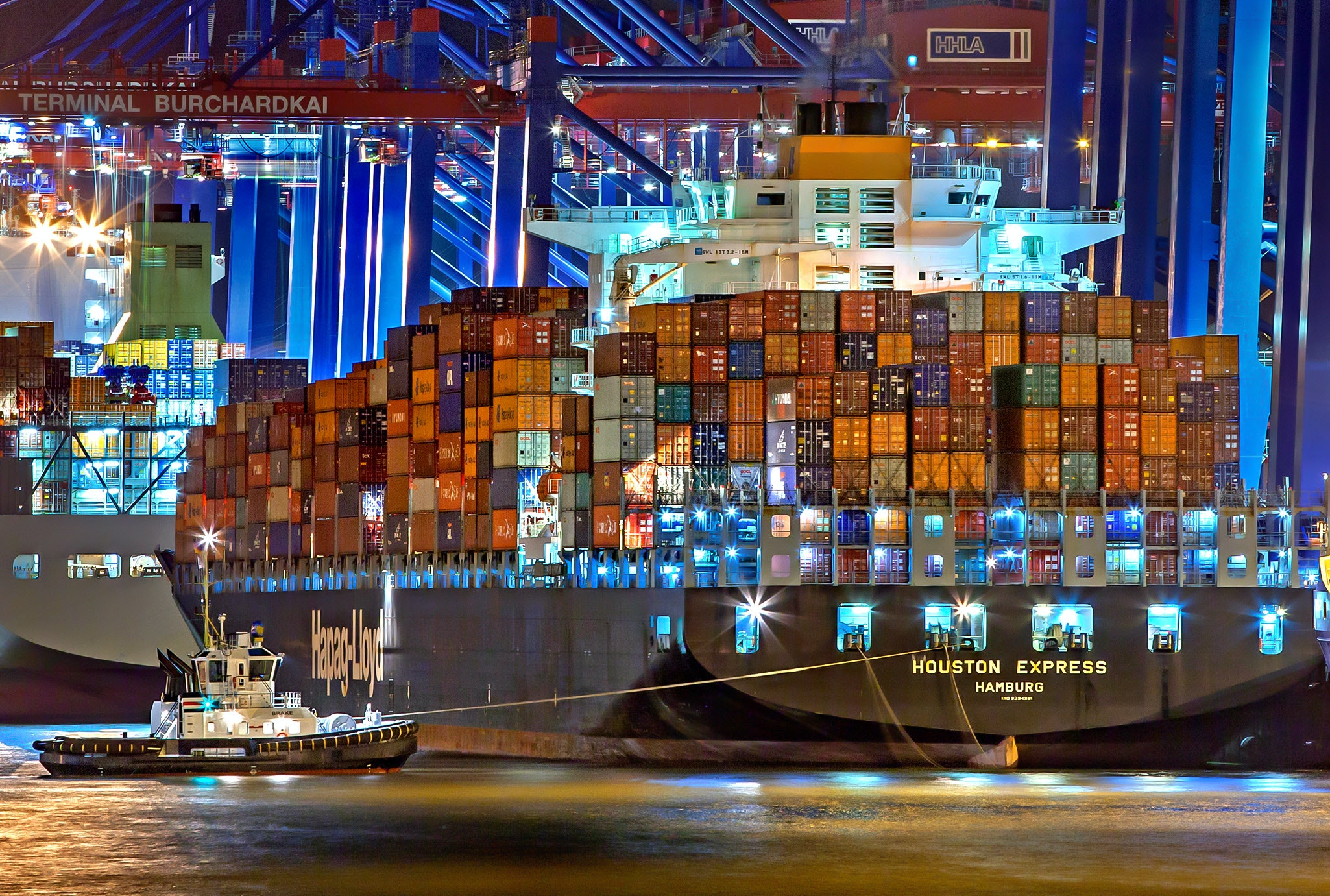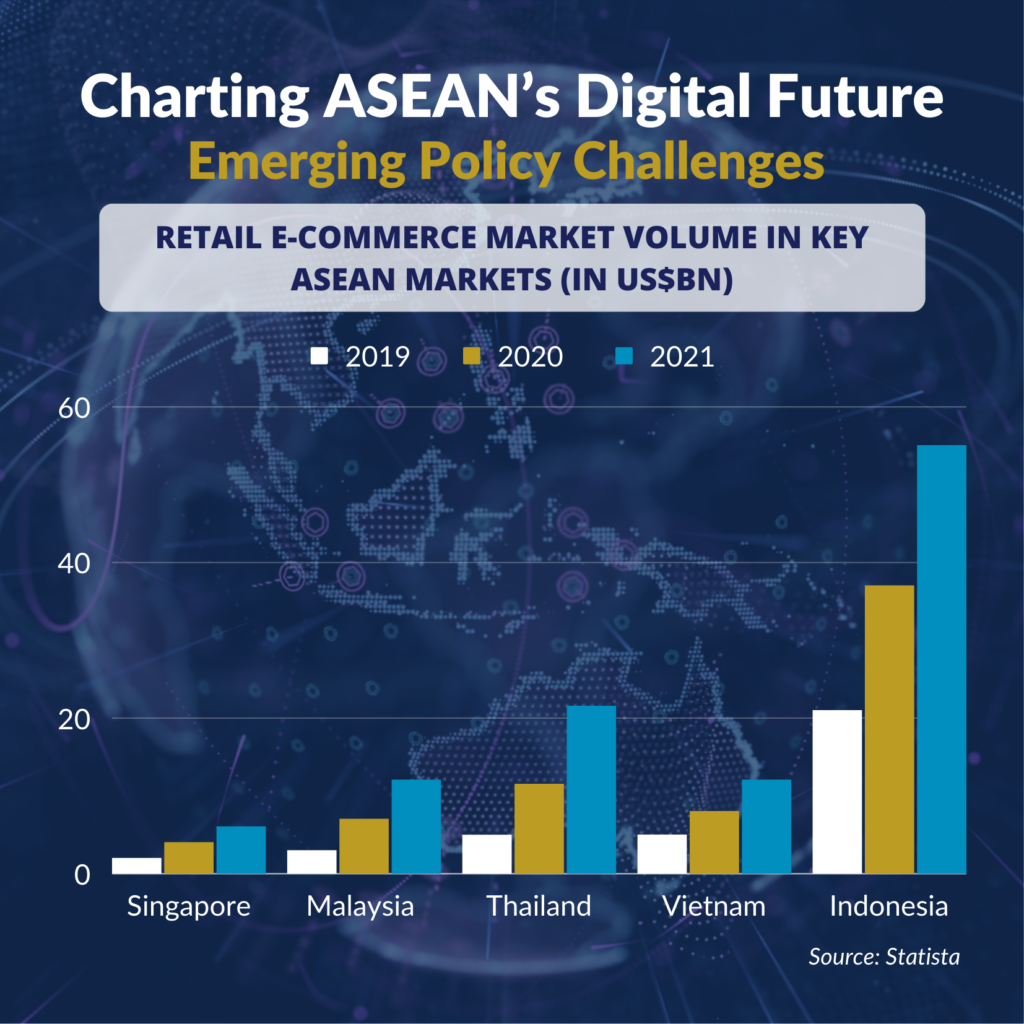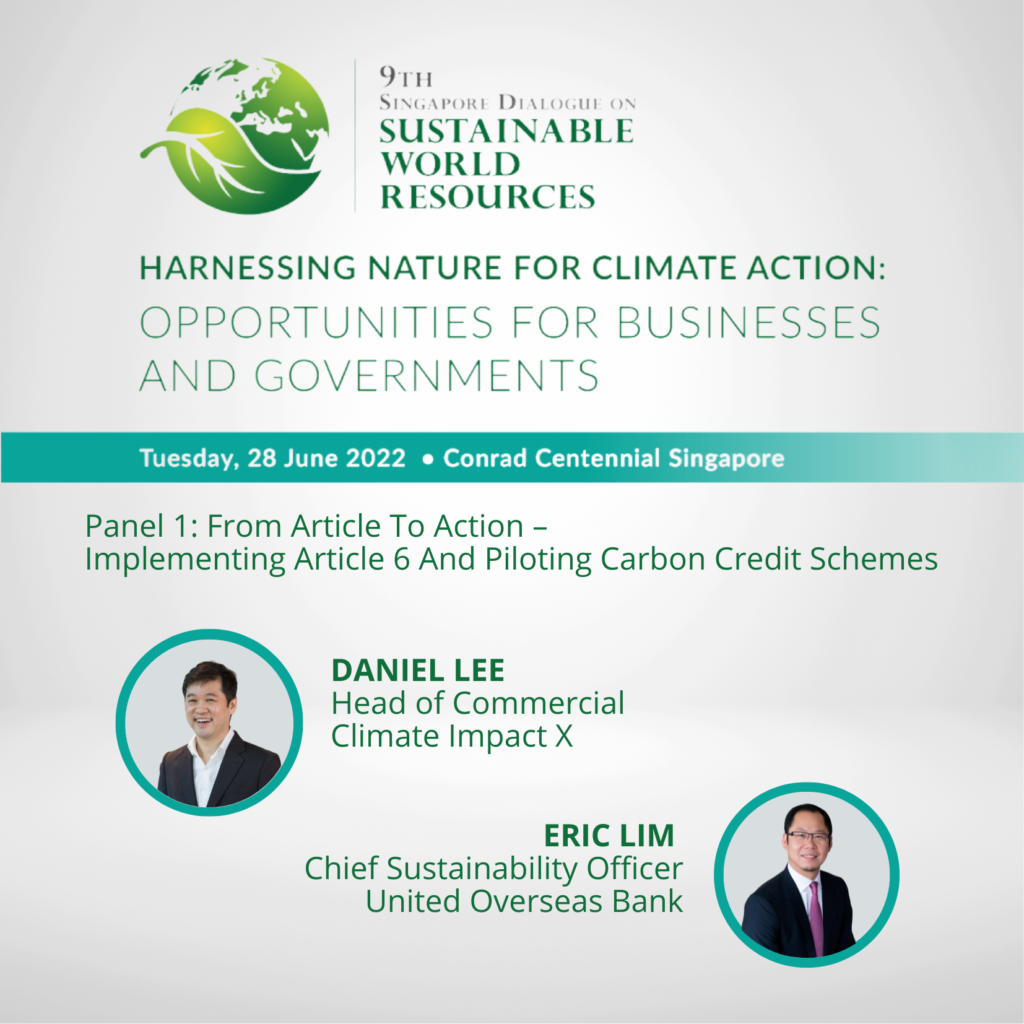Populism poses significant challenges in maintaining solidarity and promoting ASEAN Centrality in the global economy. Unlike Europe and the US, populism in Southeast Asia is less about immigration, economic decline, and trade, and more on religious and ethnic divides, and countering drug trafficking. However, populism worldwide appeals to the working and lower-middle classes. In ASEAN, the lower-middle classes have become frustrated with democracy because they believe democratic politicians have not tackled inequality, addressed crime, or delivered effective state services.
The globalisation backlash has already had profound impacts on Southeast Asia and threatens to reverse some of the economic accomplishments in the region. A decline in world trade, cross border lending and foreign direct investment (FDI) will impede ASEAN’s progress towards further economic integration.
Here are some of the key recommendation from the ASEAN-ISIS Mid-Term Report to tackle rising global protectionism and populism. The report looks at how ASEAN has fared in meeting its 2025 Vision. It was directed by the SIIA as chair of the ASEAN-ISIS network (an association of think tanks within Southeast Asia that is affiliated with ASEAN), for the year 2020 and is supported by the Konrad-Adenauer-Stiftung (KAS) Foundation.





